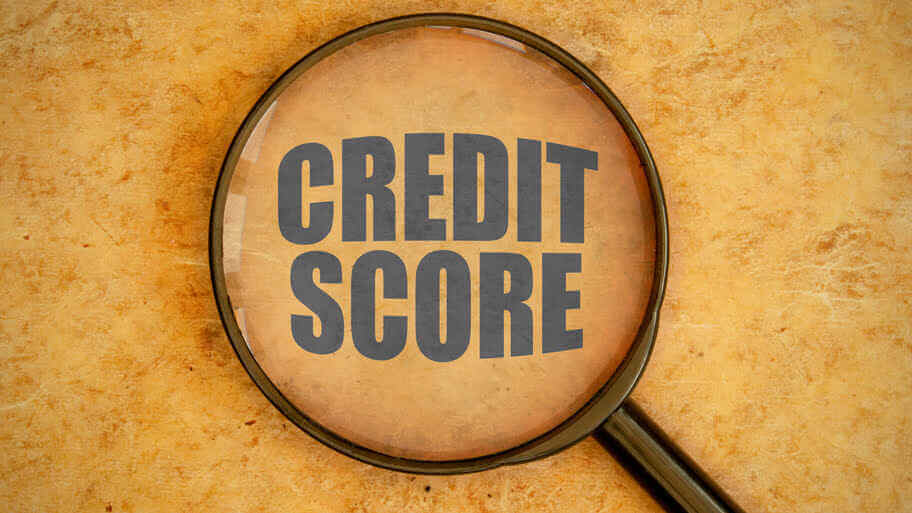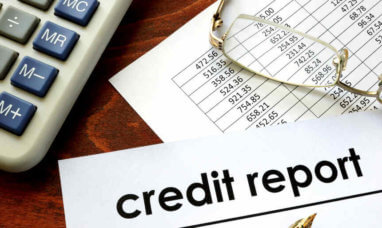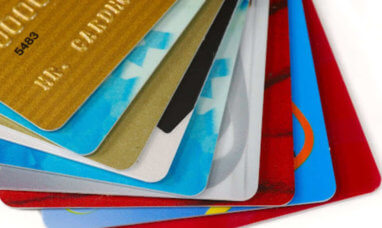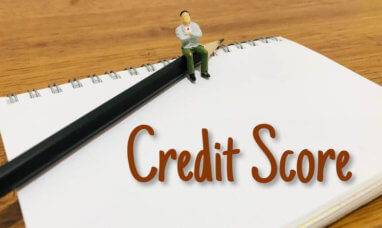Your credit score is an important part of your financial health. It is important to know what your credit score is, so you can increase it to an excellent score if you don’t already have one.
A lot of people are afraid to check their credit score because they think checking it will decrease their score, but that is a myth.
Checking your credit score from time to time won’t lower your credit score and many financial advisors actually recommend you check your credit score at least once a year.
When Does Checking My Credit Score Lower It?
Whether or not checking your credit score lowers it depends on whether it was a soft or hard inquiry.
A soft inquiry doesn’t lower your credit score, and a hard inquiry does.
Checking your credit score by yourself through a credit reporting agency is considered a soft inquiry and has no impact on your credit score.
There are three credit reporting agencies in the United States: Equifax, Experian, and TransUnion.
By law, each credit agency must give you a free copy of your credit report once every 12 months if you ask for it. To keep an eye on your credit report throughout the year, ask one credit agency every four months for a free copy of your credit report.
Just remember that your credit score may vary slightly from credit agency to credit agency. Not every credit card issuer reports their hard inquiry to every credit agency, and this may have a small impact on your credit score from one agency to the next.
Even if that is the case, requesting your free credit report from each credit agency once a year will help you know where your credit score stands even if your credit score varies between each report.
The most important part of getting your credit report is checking for inaccuracies. If you see a mistake on your credit report, be sure to tell the credit agency and ask them to fix it.
Hard inquiries, on the other hand, do affect your credit score. Hard inquiries are when credit card issuers and lenders check your credit score before approving you for a credit card or loan.
On average, a hard inquiry temporarily lowers your credit score by 5 FICO points or less.
To summarize, only hard inquiries lower your credit score, and checking your credit score yourself is considered a soft inquiry and doesn’t negatively impact your credit score.
Why Checking Your Credit Score is Smart
If you don’t check your credit score, you can’t know if there is an error on your credit report. Identity theft is a serious issue, and one of the best ways to discover your identity is compromised is seeing hard inquiries on your credit score that don’t belong to you.
Checking your credit score also helps you make smart financial decisions. The higher your credit score, the better interest rates you get when applying for a loan.
If you plan to purchase a house and get a mortgage in the near future, checking your credit score is helpful. You see where you stand and can make the necessary changes to quickly increase your credit score.
Finally, you may want to check your credit score before applying for a credit card. Many credit card issuers have a minimum credit score required to be approved for their card.
For example, Mastercard requires a 650 credit score to be approved and American Express requires a 700.
If you’re not sure whether or not your need the minimum credit score limit, it is best to check before you apply. That way you can avoid a new hard inquiry on your credit report if you’re going to be denied for the credit card in any event.
Frequently Asked Questions
How Can I Check My Credit Score Without an SSN?
Some people, like international students, may not have a Social Security Number (SSN) but still want to check their US credit score. Here’s how to check your credit score without an SSN.
Checking your credit score without an SSN is a little more difficult. You have to write to a credit agency and request a copy of your credit report. You also have to include the following with your letter:
-
-
-
- Copy of government-issued ID with current address
- Copy of current utility bill, bank statement, or insurance statement
- Full name including middle initial and generation
- Individual Tax Payer Number (ITIN)
- Date of birth
- Complete address(es) for the past two years
-
-
How to Check Your Credit Score with an ITIN?
Assuming you gave your lender enough personal information and they reported your loan to a credit agency, it is quite easy to perform an ITIN credit score check.
Go to the credit bureau’s website, enter your personal information, and use your ITIN as your personal identification number rather than your SNN.
If you can’t pull your credit report from one credit agency’s website, try another one. It may be that the lender you’re with didn’t report your information to that specific lender and provided it to a different one.
Can I Check My Credit Score Through My Bank?
It used to be much more difficult to quickly check your credit score, but, thankfully, in 2013 FICO announced the Open Access Program.
This program gave over 300 million Americans access to their credit score directly though their online banking. You can easily check your credit score for free and without harming your credit score through your banking app without contacting a credit agency directly.
Over 170 financial institutions and 8 of the top 10 credit card issuers participate in the Open Access Program making it easier than ever to check your credit score for free.
How to Check Your Credit Score Without Hurting It
The two main ways you can check your credit score without lowering it is:
-
-
-
- Requesting a credit report through a credit agency
- Viewing your credit score for free through your online banking
-
-
A credit report shows you each and every inquiry as well as your credit score, and your credit score just shows you the number and not the inquires.
Online data breaches are more prevalent than ever before, so it is extremely important you monitor both your credit score and credit report for any inaccuracies.
Featured Image: Megapixl








